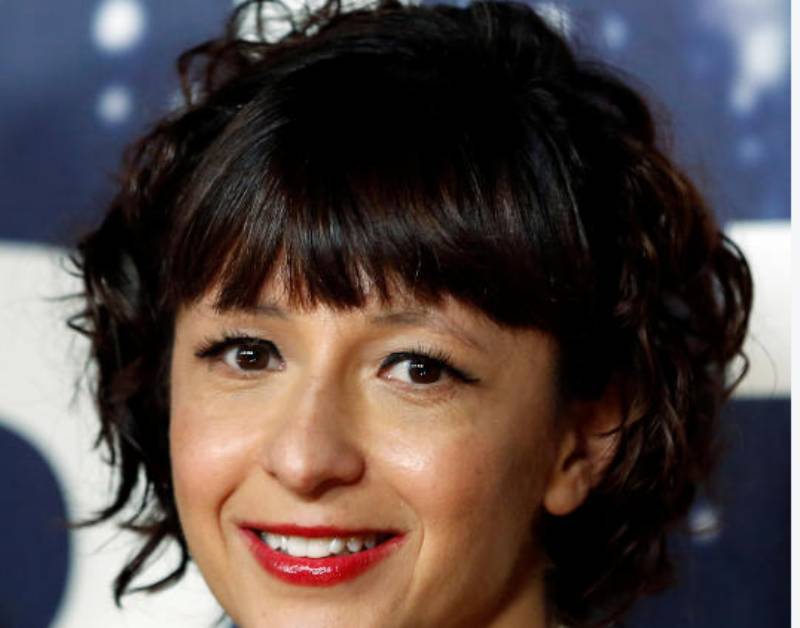×
The Standard e-Paper
Join Thousands Daily

Nobel Prize in Chemistry laureate Emmanuelle Charpentier. [Reuters]
October could as well be labelled the intellectual month, when Nobel prizes are awarded from Sweden. It gives the Nordic country a rare glow of publicity.